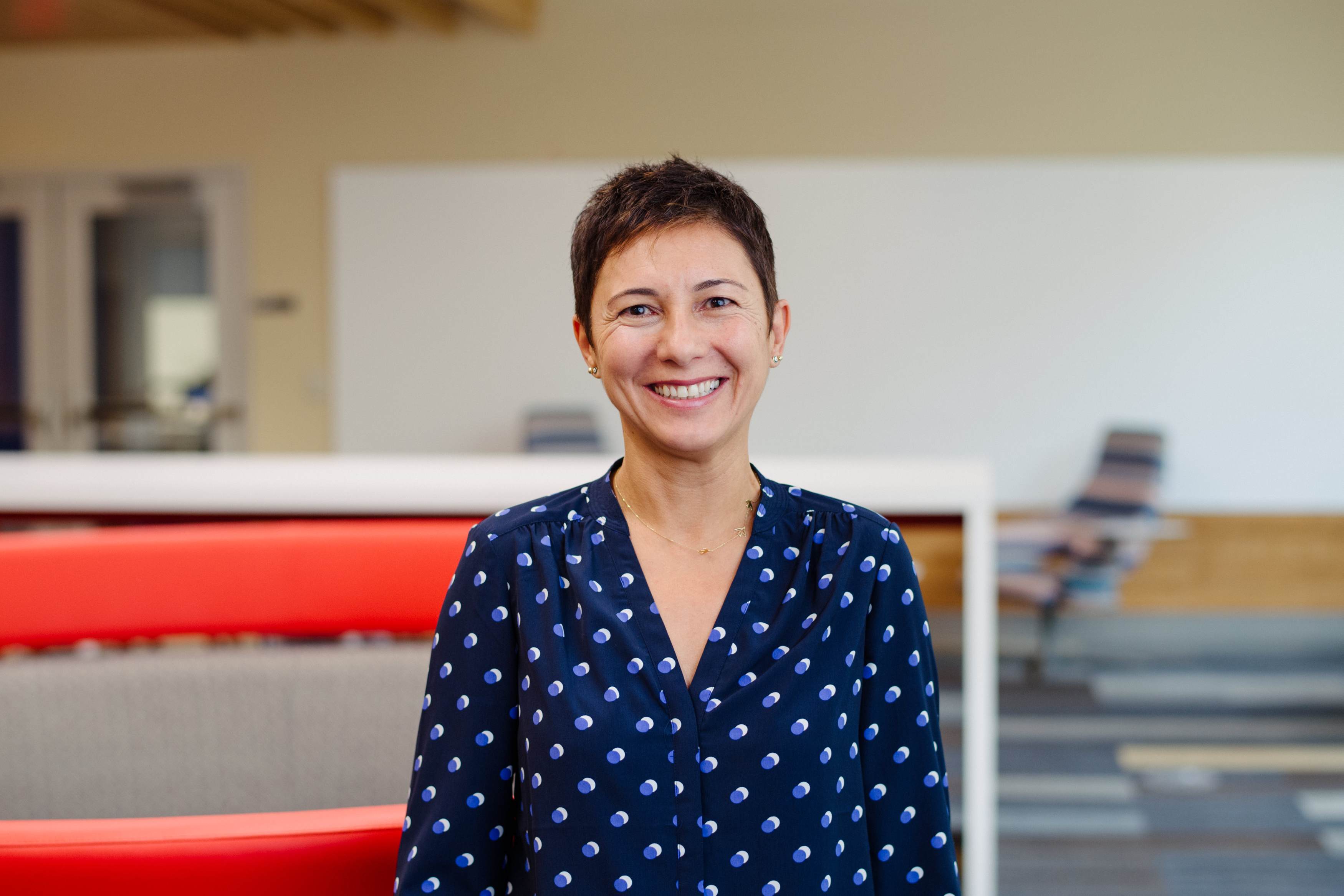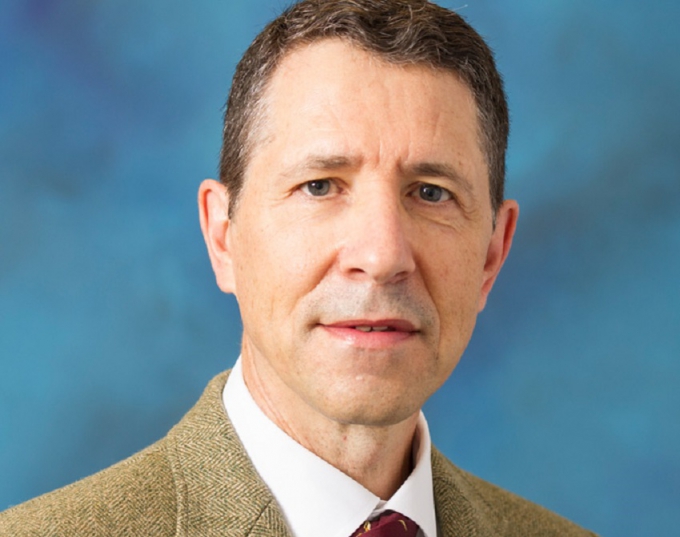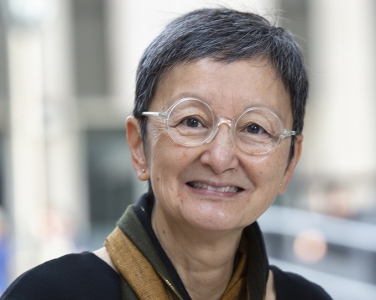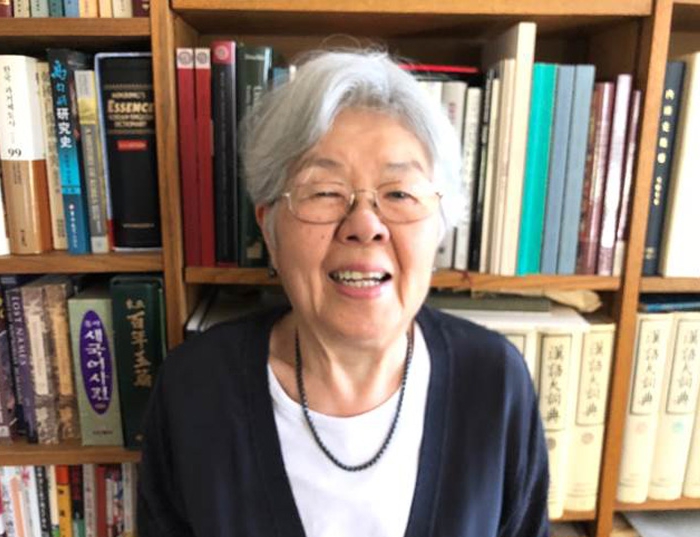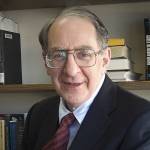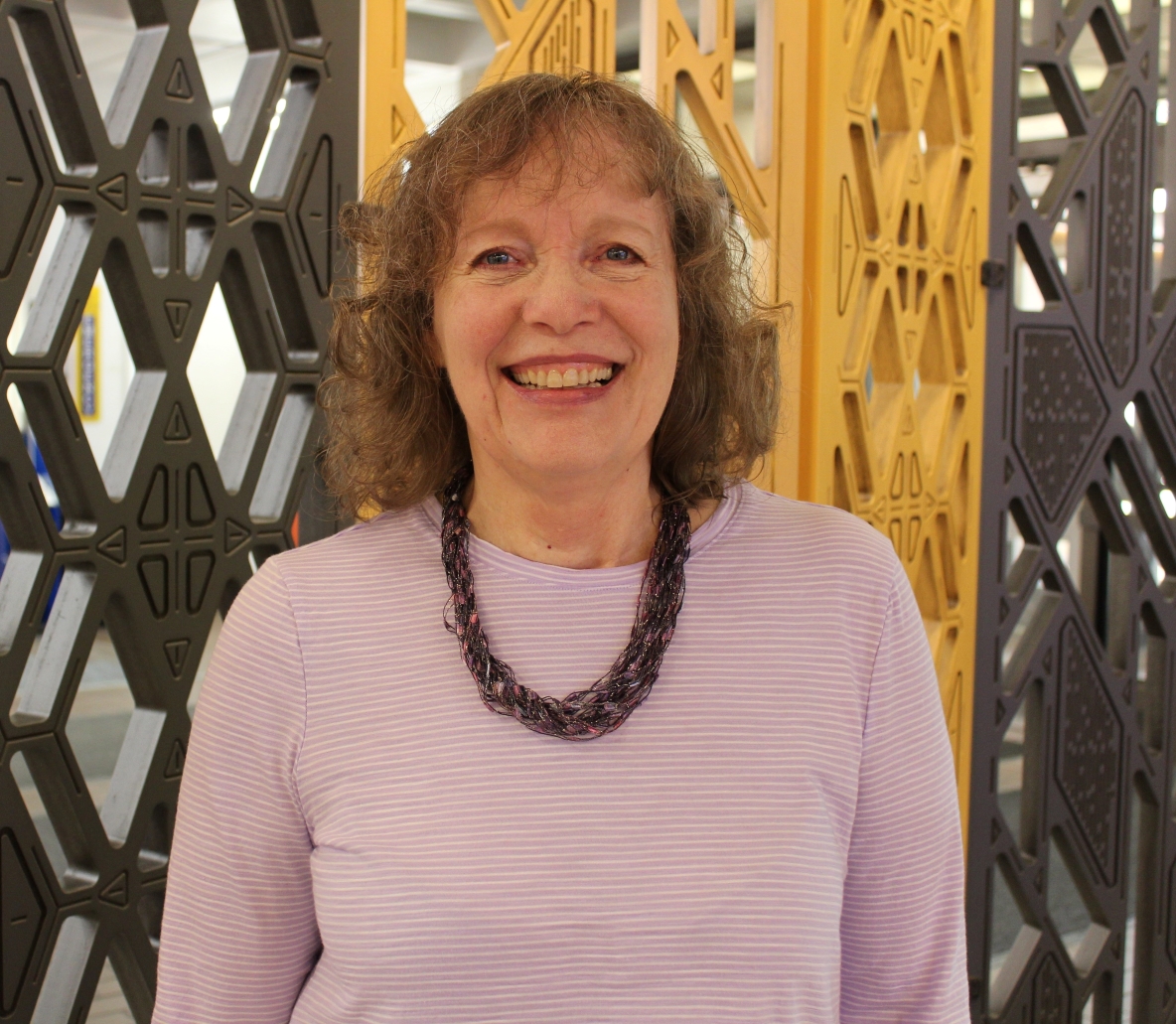Area of specialization:
<p>Judicial Decision-making in Racial Harassment Cases; Subtly Sexist Language in the Legal Profession and Law Schools; The Role of Culture and Race in Legal Disputes; Empirical Research in Civil Rights Laws</p>
Biography:
<p>Pat Chew is the Salmon Chaired Professor and Distinguished Faculty Scholar at the University of Pittsburgh School of Law, and a University Chancellor’s Distinguished Teaching Award recipient. In addition to Pitt, she has taught at the University of Texas, University of Augsburg, and the University of California (Hastings). Her numerous presentations, both in the United States and abroad, are currently on judicial decision-making in racial harassment cases, subtly sexist language in the legal profession, the role of culture and race in legal disputes, and empirical research on civil rights disputes. Judicial groups and law schools across the country have invited her to speak. Professor Chew’s research is diverse, both in subject areas and methodologies. She has written dozens of articles in both general interest and specialized law journals, including in Washington University Law Review, William and Mary Law Review, Wisconsin Law Review, Ohio State Journal of Dispute Resolution, Stanford Journal of Civil Rights, Columbia Journal of Gender and Law, Berkeley Journal of Employment Law, and the Journal of Legal Education. The most read American Bar Association (ABA) article in 2010 focused on her empirical work on judges. She also has authored numerous books, treatises, and casebooks in dispute resolution, business laws, and culture and conflict. They include INTERNATIONAL CONFLICT RESOLUTION: CONSENSUAL ADR PROCESSES (coauthored) and THE CONFLICT AND CULTURE READER. Professor Chew is the inaugural recipient of the Keith Aoki Excellence in Asian American Jurisprudence Award in 2011. Currently on the Executive Committee of the American Association of Law Schools (AALS), which is the Association’s board of directors, she is also a member of the American Law Institute (ALI) and an American Bar Foundation Fellow. Over the years, she has served on many committees and spoken at numerous programs for the AALS, the Law School Admissions Council (LSAC), and the American Bar Association (ABA). Among other national leadership roles, she was the Chair of the AALS Section on Women in Legal Education (the largest AALS section), a Council member of the General Practice Division of the ABA, and an early co-organizer of annual Asian-American law faculty conferences. Prior to teaching, she practiced corporate and international law with Baker & McKenzie in Chicago and in San Francisco. Professor Chew received a J.D. and a Masters in Educational Psychology degree from the University of Texas and an undergraduate degree in psychology from Stanford University. The youngest of six children, she grew up in El Paso, Texas in a Chinese-American family. Her spouse is a management consultant and a business school professor. They have two young-adult children.</p>
Qualifications:
JD, University of Texas, 1982



